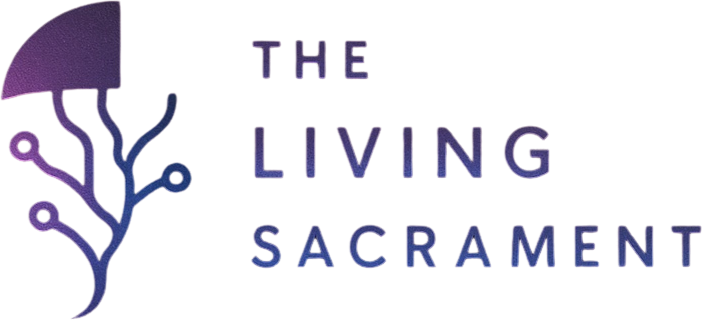People often hear the phrase “mushroom drug” and wonder if it makes sense. Mushrooms are natural organisms, not pills made in a lab. Still, the compounds inside psychedelic mushrooms meet the definition of a drug both in science and in law. To understand why, we need to look at what counts as a drug, what mushrooms contain, and how they act in the body.
What Makes Something a Drug
A drug is any substance that changes the way the body or mind works. Medicines like aspirin are drugs. So are caffeine and alcohol. Drugs can be natural, like morphine from poppies, or synthetic, like MDMA. The key is not whether they come from nature or a factory, but whether they cause a physiological or psychological effect when consumed.
What Mushrooms Contain
Psychedelic mushrooms, often called magic mushrooms or shrooms, contain psilocybin. When eaten, psilocybin changes into psilocin in the body. Psilocin interacts with serotonin receptors in the brain, especially the 5-HT2A receptor, which affects mood, thought, and perception. This is what leads to altered sensory experiences, emotional changes, and new ways of thinking.
Because psilocybin directly alters brain function, it qualifies as a drug. The mushrooms themselves are natural carriers of that drug.
Legal View of Mushrooms as Drugs
In the United States, psilocybin is classified as a Schedule I controlled substance. That means the law treats it as having a high potential for abuse and no accepted medical use, even though research is starting to suggest therapeutic benefits. Other countries have similar laws, though some places have decriminalized or allowed controlled use.
From a legal standpoint, mushrooms are drugs because of the psilocybin they contain. Possession, sale, or use is regulated just like with synthetic drugs.
How They Compare to Other Drugs
While mushrooms meet the definition of a drug, they differ from many in important ways. Studies show psilocybin has a very low risk of physical harm and does not cause physical dependence. Tolerance builds quickly but fades within days. This makes psilocybin different from addictive substances like opioids or alcohol.
Still, psilocybin can cause intense experiences. In high doses or unsafe settings, it may lead to fear, confusion, or panic. That is why context and preparation matter.
Street Names and Cultural Language
Culturally, people use many names for psilocybin mushrooms. The most common are “magic mushrooms” and “shrooms.” Other slang includes “caps” or “buttons.” These terms help separate them from edible mushrooms but also soften the stigma of calling them drugs. Even so, in both science and law they are classified as psychedelic drugs.
The Clear Answer
So, are mushroom drugs really drugs? Yes. Magic mushrooms are considered drugs because they contain psilocybin, a compound that changes brain function. They are a natural drug, part of the psychedelic class, with unique effects and a low risk of physical harm compared to many others.
Final Thoughts
The term “mushroom drug” may sound unusual, but it is accurate. Shrooms fit the scientific and legal definition of a drug, even though they grow naturally. They stand out as a category of drug with powerful effects on perception and mood, potential medical uses, and a cultural history that stretches back centuries.
Sources
- U.S. Drug Enforcement Administration. Psilocybin Drug Fact Sheet. 2025.
- Drug Policy Facts. Psilocybin. 2024.
- Encyclopaedia Britannica. Psilocybin. 2024.
Read Our Other Articles

